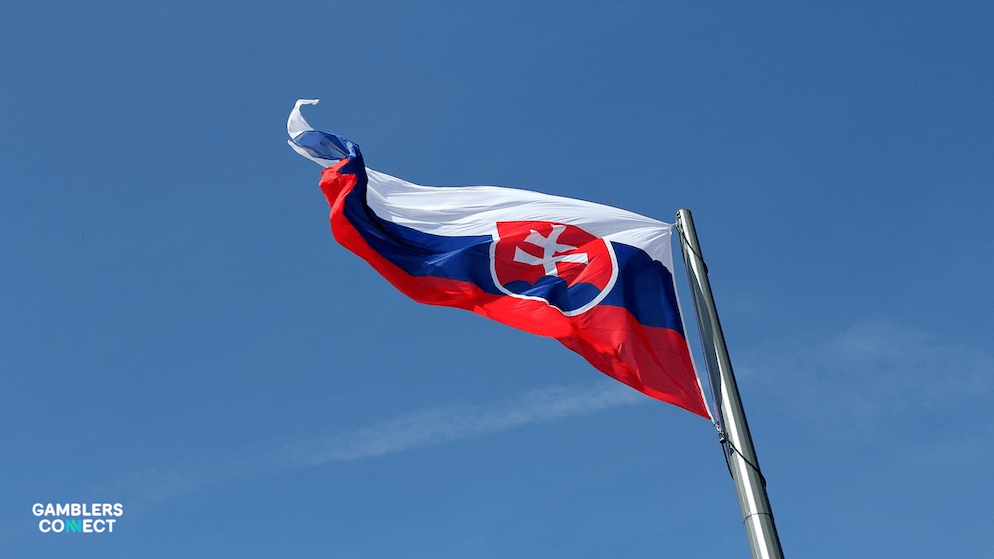
The legislative process to modernize and liberalize Slovakia’s online gambling market has hit a major roadblock after President Peter Pellegrini vetoed the newly approved gambling bill, sending the proposal back to Parliament for immediate reconsideration.
The legislation was intended to expand regulatory oversight, introduce updated licensing conditions for operators, and open up the market to a broader range of participants.
The President’s decision was motivated primarily by concerns regarding consumer protection and the potential social impact of the law’s provisions. According to his office, while the necessity for regulatory modernization is recognized, the draft bill lacked sufficient safeguards essential for preventing gambling-related harm.
Furthermore, President Pellegrini cited procedural irregularities, noting that several amendments had been introduced during the legislative process without adequate public debate.
The veto reflects a persistent tension within Central European gambling regulation, balancing the demands for market expansion against critical public welfare concerns, a dichotomy recently navigated by neighboring nations like the Czech Republic and Poland.
The vetoed legislation was expected to significantly reshape the country’s gambling landscape. It proposed establishing a more open licensing system that would permit both domestic and international firms to apply for local authorization to offer online casino and betting services.
Additionally, the bill aimed to enhance the supervisory powers of the Office for the Regulation of Gambling and update existing mechanisms for tax collection.
Industry observers generally viewed the bill as consistent with a broader European trend toward liberalizing online markets while simultaneously strengthening social responsibility measures.
However, domestic critics in Slovakia contended that the proposal fell short, specifically arguing that it did not include clear limits on advertising or comprehensive provisions designed to protect minors and vulnerable consumers.
The legislative fate of the bill now rests with the Slovak Parliament. Lawmakers possess the authority to override the presidential veto by securing an absolute majority vote.
Should the bill be upheld and pass into law, it is projected to take effect in 2026, which would fundamentally reshape the regulated online segment and potentially attract a wave of new foreign operators.





